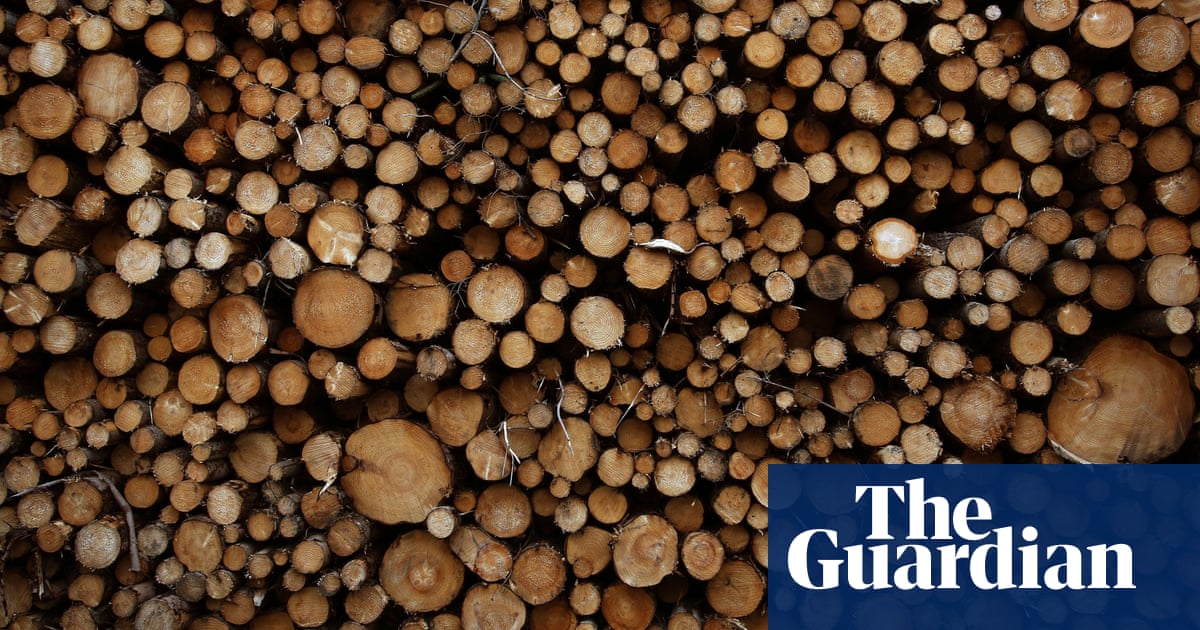A report has called on ministers to scrap the huge subsidies and tax breaks given to conifer forests because they do too little to combat the climate crisis.
The report from the Royal Society of Edinburgh said the tens of millions of pounds in subsidies given to the timber industry should instead be spent on longer-living native forests, which have greater and clearer climate and biodiversity benefits.
It said the Scottish and UK governments are wrong to argue that public subsidies are needed to help plant more, larger conifer forests. These plantations are largely monocultures using a single species that have a relatively short lifespan.
Instead, public subsidies should be diverted to planting millions of native broadleaf trees, including in urban areas, which capture and keep more CO2, support more plant and animal species, store more carbon in the soil, and have a far longer lifespan.



This is the best summary I could come up with:
A report has called on ministers to scrap the huge subsidies and tax breaks given to conifer forests because they do too little to combat the climate crisis.
The report from the Royal Society of Edinburgh said the tens of millions of pounds in subsidies given to the timber industry should instead be spent on longer-living native forests, which have greater and clearer climate and biodiversity benefits.
It said the Scottish and UK governments are wrong to argue that public subsidies are needed to help plant more, larger conifer forests.
The Department for Environment, Farming and Rural Affairs, which oversees policy and funding for England, set aside £222m between 2020 and 2024 for woodland on private land.
Scottish Forestry, the government agency, and Confor, the timber industry body, said there was clear evidence that conifers stored up to four times more carbon at a faster pace than slower-growing hardwood trees.
Confor said modern regulations already required conifer forests to be multipurpose, with a greater mix of species and more emphasis on eco-tourism.
The original article contains 663 words, the summary contains 172 words. Saved 74%. I’m a bot and I’m open source!